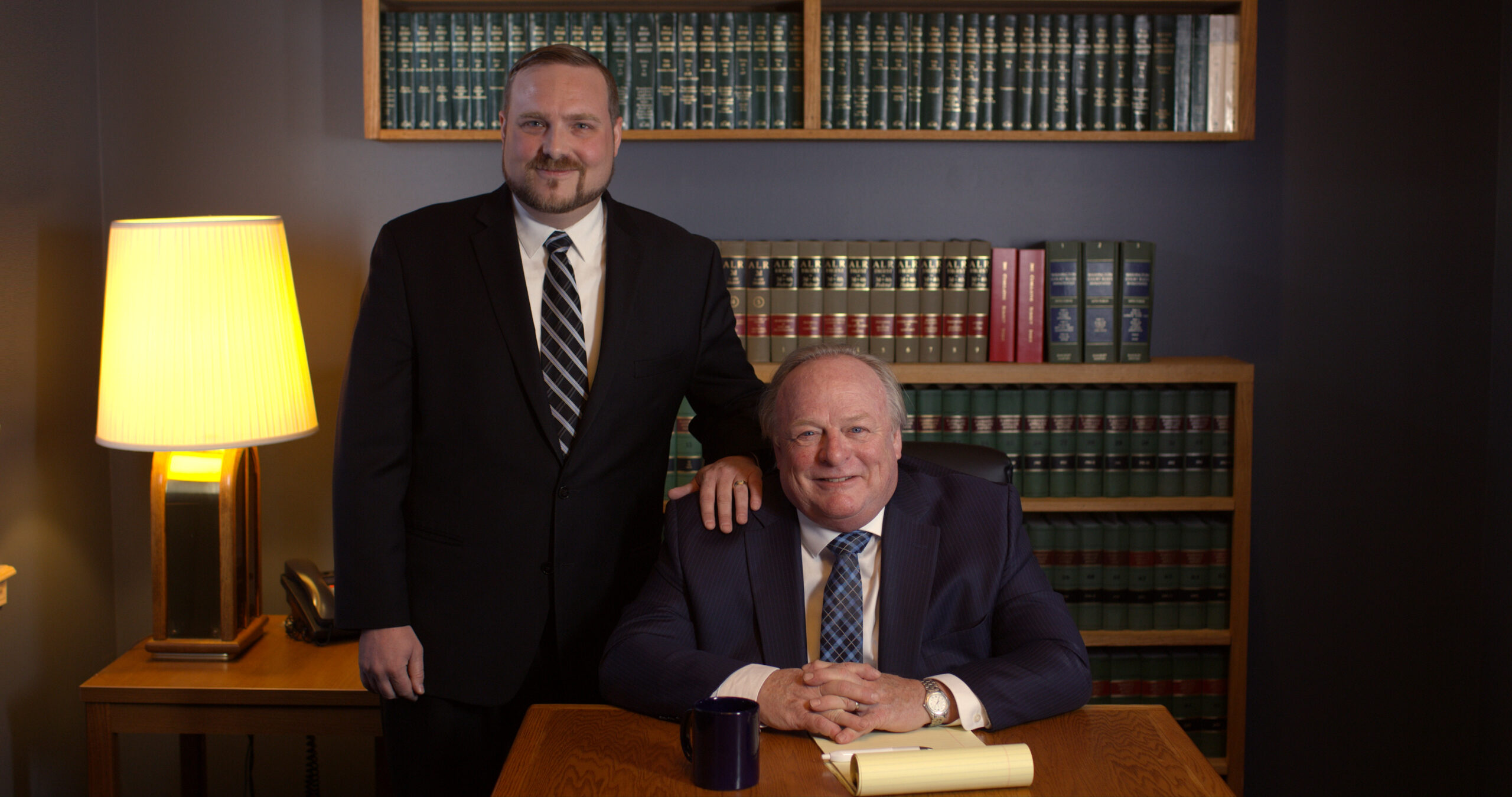
You went through something shocking, traumatic, and disturbing. Maybe it was an accident, natural disaster, or violence. Under the circumstances, it was normal to feel stress and fear.
But over time, those feelings didn’t fade like they should. They leave you unable to function like you did before.
You could have post-traumatic stress disorder (PTSD). If it’s so severe that you can’t work, it just creates more stress about money and the direction your life is going.
Monthly checks from Social Security disability could provide the crucial financial support you need to work through this difficult time. But benefits are hard to get.
Proving PTSD to Social Security comes with particular challenges. You might need legal assistance to qualify for disability income.
Penar Law has helped thousands of people win benefits in the Spokane area and across Eastern Washington and North Idaho.
Your PTSD might have started with an accident, crime, abuse, disaster, war, or frightening health problem. It comes with stress, depression, and shock.
You also might experience debilitating recurring thoughts, flashbacks or nightmares, difficulty sleeping, anger or irritability, problems with concentration, hyper-vigilance to stress cues, or an exaggerated response to being startled (your “fight-or-flight” response).
An experienced lawyer can use one of two methods to persuade a disability claims examiner to approve your benefits based on PTSD. You must either:
The SSA keeps an official listing called its “blue book” of impairments.
To qualify with PTSD, you must show that you re-experience the trauma through flashbacks, memories, or nightmares. Common uncomfortable memories are not sufficient—you must show your experiences are pronounced and extreme.
Your distress must interfere with your daily life, for example by affecting your ability to concentrate at work or your ability to have a normal social life.
If you don’t meet these criteria, you might still find a path to disability benefits via a medical-vocational allowance.
For an allowance, the SSA assesses the particular symptoms you’re facing and determines how they limit your ability to work.
Then they’ll assign you a rating called a residual functional capacity (RFC) that summarizes the level and type of work you’re capable of performing, based on your mental health.
To help you understand your best options, Eric Penar and his team will evaluate your case for free.
Medical records are at the core of your disability claim for PTSD.
Your records must describe at least one example of a typical PTSD episode that you experience, including the nature, frequency, and duration of the episodes.
Records should also demonstrate difficulty in the following areas:
Additionally, you must show at least two of the following:
Beyond showing that you’re dealing with some limitations, you can also demonstrate that you’re completely unable to function on your own outside of your home.
Based on all this information, the SSA determines whether you can perform your previous job, and if not, whether you’re able to perform a different job based on your training and background.
As with all disability cases, you must also show that your health problems will prevent you from working for at least a year.
When you’re already dealing with PTSD, it’s asking a lot to build a complicated Social Security Disability application, or appeal a denial. Eric Penar can take care of that for you.
And you pay no attorney’s fee unless you win benefits.
If PTSD is preventing you from living a full life, contact our office today.
Get help locally. We’re local Social Security lawyers, and only serve Eastern Washington and North Idaho. Learn why that makes a difference.